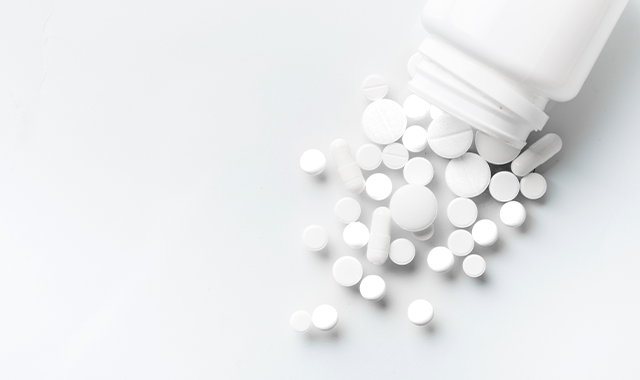Cardiovascular
Pitavastatin Can Prevent Cardiovascular Disease in HIV Infection
A new National Institute of Health-supported study revealed that statins, a class of cholesterol-lowering medications, can offset a high risk of cardiovascular disease in people living with HIV by more than 33%.
Steven K. Grinspoon, M.D., a professor of medicine at Harvard University and chief of the metabolism unit at Massachusetts General Hospital, led the study, which was published in the New England Journal of Medicine in July 2023, and showed how pitavastatin can potentially prevent one in five major cardiovascular events or premature deaths.
“We initiated Reprieve because we, and many others, observed the prevalence of heart disease in people living with HIV was about twice what it is in the general population,” Grinspoon says. “That’s been shown in multiple studies, so it’s a pressing and urgent need to prevent heart diseases in that population.”
Grinspoon, along with his study partners, began preparing for the federally-funded study in 2014, with the goal of preventing major adverse cardiovascular events. They enrolled 7,769 adults, ages 40-75, from 145 sites in 12 countries. The median age was 50 and had low-to-moderate risks for cardiovascular disease, which meant they normally would not have been prescribed statins. Plus, it proved to be a significantly diverse population.
In the double-blinded phase 3 trial, researchers randomized participants into either a treatment group, where they received a pitavastatin calcium, or a control group, where they received a placebo pill that contained no medication. The researchers followed participants for about five years, but ended the trial early when they discovered the treatment benefits outweighed potential risks.
“We asked ourselves, what could a strategy be to help prevent it,” Grinspoon says. “We know from previous studies that there are some traditional risks, but we wanted to find a solution to treat both traditional and non-traditional risk factors, so we came up with a strategy involving a relatively newer statin called pitavastatin, one that is known to have good anti-inflammatories among people with HIV.”
The researchers found that participants who took daily pitavastatin had 35 percent fewer major cardiovascular events than those who took a placebo. They also measured the number of deaths in combination with major cardiovascular events during the study period and found participants in the treatment group were 21% less as likely than those in the placebo group to experience these events. Those who took pitavastatin also had a 30 percent decrease in their low-density lipoprotein (LDL) cholesterol levels.
The authors concluded that [articipants with HIV infection who received pitavastatin had a lower risk of a major adverse cardiovascular event than those who received placebo over a median follow-up of 5.1 years.
“It was a very positive result,” Grinspoon says. “We saw about a 30% reduction in LDL, which reduces risks for cardiovascular events, like having a heart attack and stroke. The reduction was more than hypothesized and is a robust effect. It was interesting that effects were equal among men and women, and across race.”
As with other statins trials, the researchers did see some modest effects on lipids and diabetes, but the benefits outweighed any of those mild risk factors.
Grinspoon suspects—and is working on this now—that there may be other effects as hypothesized on inflammatory pathways and residual immune-activation that may have contributed to LDL lowering and the results.
“We have a couple of important tasks ahead of us,” he says. “First, we’re going to unblind and report the results of the key touch study, looking at the effects on coronary plaque and biomarkers in key inflammatory pathways. We’re also going to try and determine why the results were as efficacious as it was and the contributing factors.”
He also sees an opportunity to determine the accuracy of the predictive risk score in people living with HIV. That will be studied in the future.

